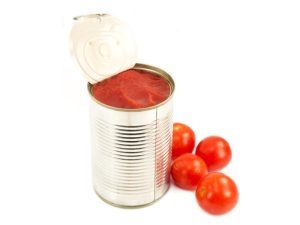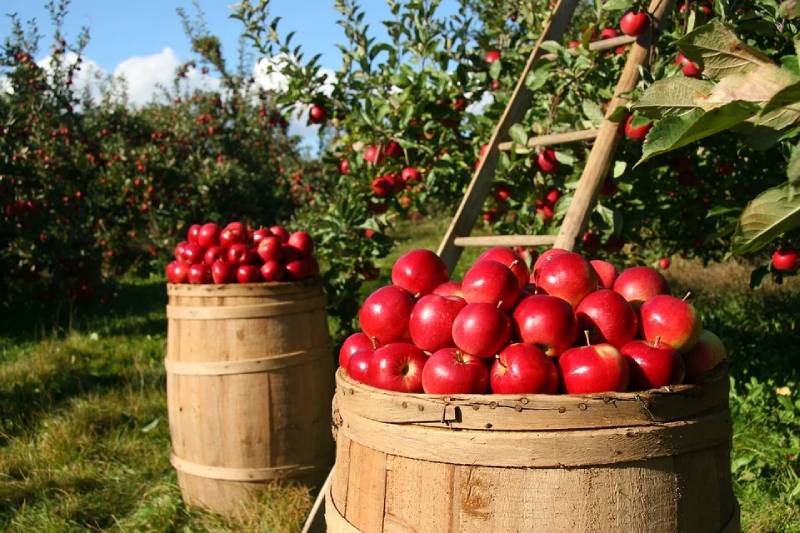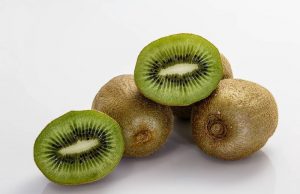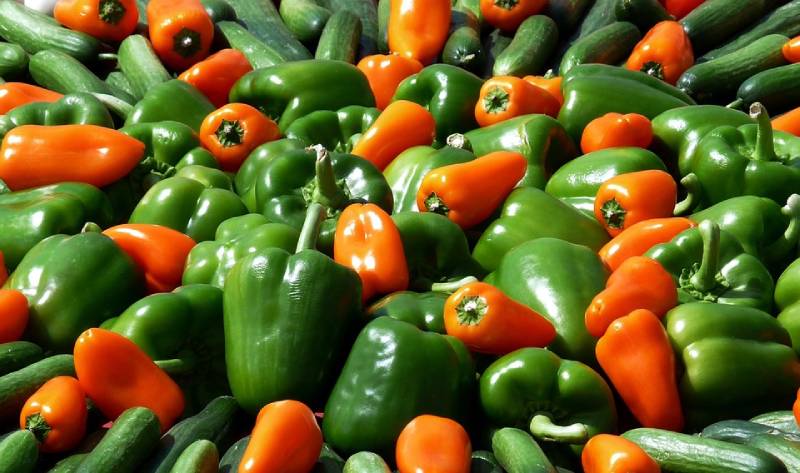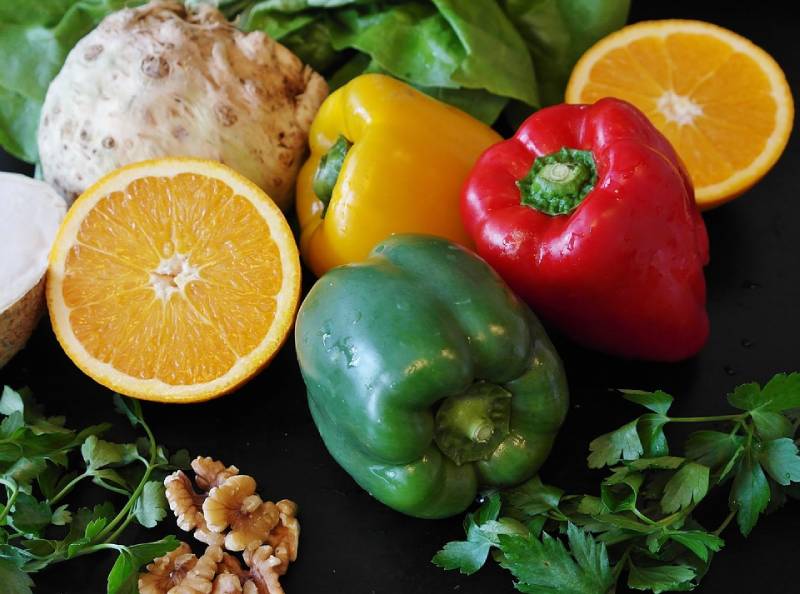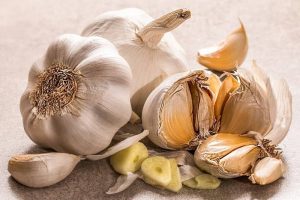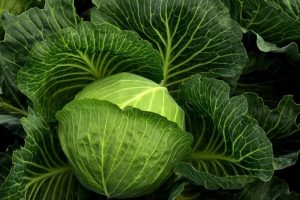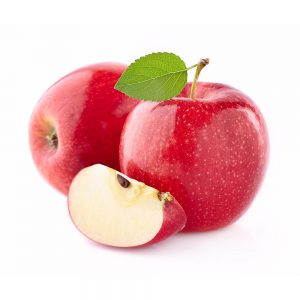different types of poisonous or edible mushrooms which types are edible, which types are poisonous
Where did it come from?
We will tell you most of the edible and poisonous types, and some of mushroom’s benefits.
is cherry a berry ? cherries nutrition facts + recipes + health benefits
lettuce benefits and types – is lettuce a vegetable or fruit ?
onion varieties in iran – Onion Properties for Health – red onion exporter
Different kinds of apple in iran – all types pf persian apple
Different types of iranian nectarine and its difference with peaches
Mushroom history:
Edible mushroom species have been found in association with 13,000-year-old archaeological sites in Chile. Ötzi, the mummy of a man who lived between 3400 and 3100 BCE in Europe, was found with two types of mushrooms. The Chinese value mushrooms for supposed medicinal properties as well as for food.
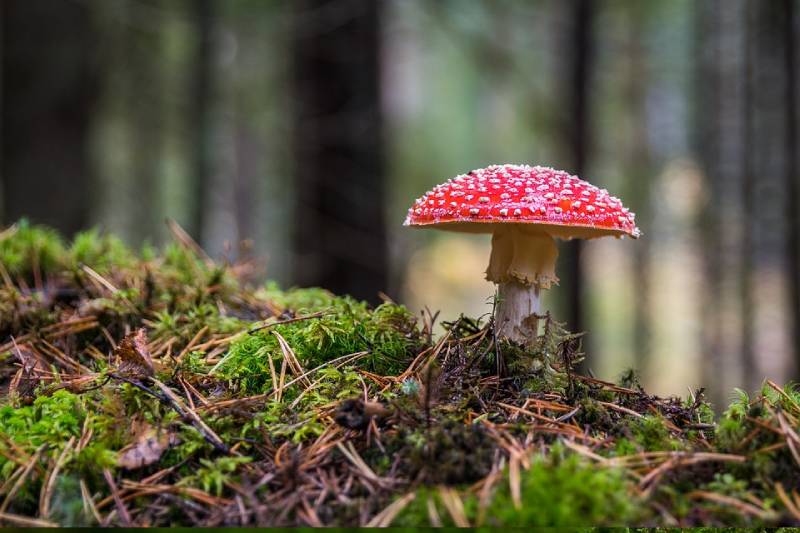

different types of poisonous or edible mushrooms , which types are edible which types are poisonous :
When we see a mushroom, the first thing we ask ourselves, is this mushroom edible ?
Therefore, we want to introduce you, 18 popular types of edible mushrooms.
Cremini Mushrooms
Morel Mushrooms
Shiitake Mushrooms
Oyster Mushrooms
King Oyster Mushrooms
Lion’s Mane Mushrooms
Enoki Mushrooms
White Button Mushrooms
Portobello Mushrooms
Porcini Mushrooms
Maitake Mushrooms
Matsutake Mushrooms
Reishi Mushrooms
Giant Puffball Mushrooms
Buna Shimeji Mushrooms
Pepeao (Jew’s Ear)
Straw Mushrooms
Chanterelle Mushrooms
So, these 18 types of mushrooms are safe to eat.
As well as edible types, there are many poisonous types, which we mention, some of them below.
Death Cap (Amanita phalloides)
Conocybe filaris
Webcaps (Cortinarius species)
Autumn Skullcap (Galerina marginata)
Destroying Angels (Amanita species)
Podostroma cornu-damae
Deadly Dapperling (Lepiota brunneoincarnata)
mushroom benefits :
Now we want to tell you some of the mushroom benefits :
They Have Cancer-fighting Properties
Mushrooms Are Immunity-boosters
They Help Lower Cholesterol
They are High in B and D Vitamins
Mushrooms Have Anti-inflammatory Powers
Magic Mushrooms May Help Cancer Patients
They Could Help Fight Aging .
mushroom nutrition facts:
| Nutrition Value per 100 gram white mushroom | |||||||
| Vitamins | Quantity | %Dv | Minerals | Quantity | %Dv | ||
| Energy | 22 kcal | Vitamin A | 0.00 IU | 0% | Calcium | 3.00 mg | 0% |
| Carbohydrates | 3.3 g | Vitamin B6 | 0.104mg | 8% | Copper | 0.318 mg | 35% |
| sugars | 2 g | Vitamin C | 2.1 mg | 2% | Iron | 0.50 mg | 3% |
| Dietary fiber | 1 g | Vitamin E | 0.01 mg | 0% | Magnesium | 9.00 mg | 2% |
| Fat | 0.3 g | Vitamin K | 0.0 μg | 0% | Manganese | 0.047 mg | 2% |
| Protein | 3.1 g | Vitamin D | 0.20 μg | 1% | Potassium | 318.00 mg | 7% |
| Water | 92.45 g | Sodium | 5.00 mg | 0% | |||
| Zinc | 0.52 mg | 5% | |||||



